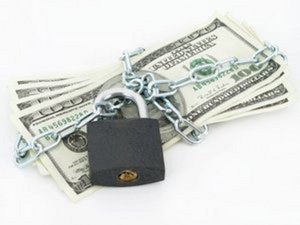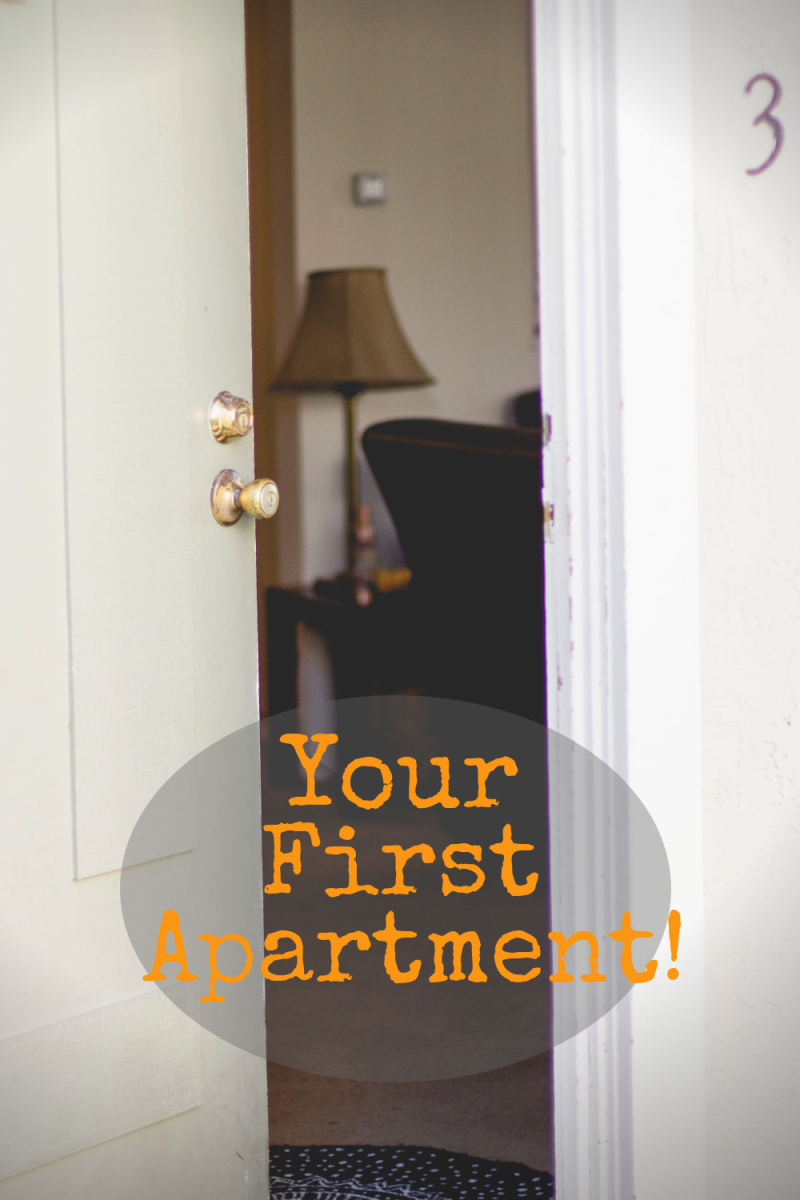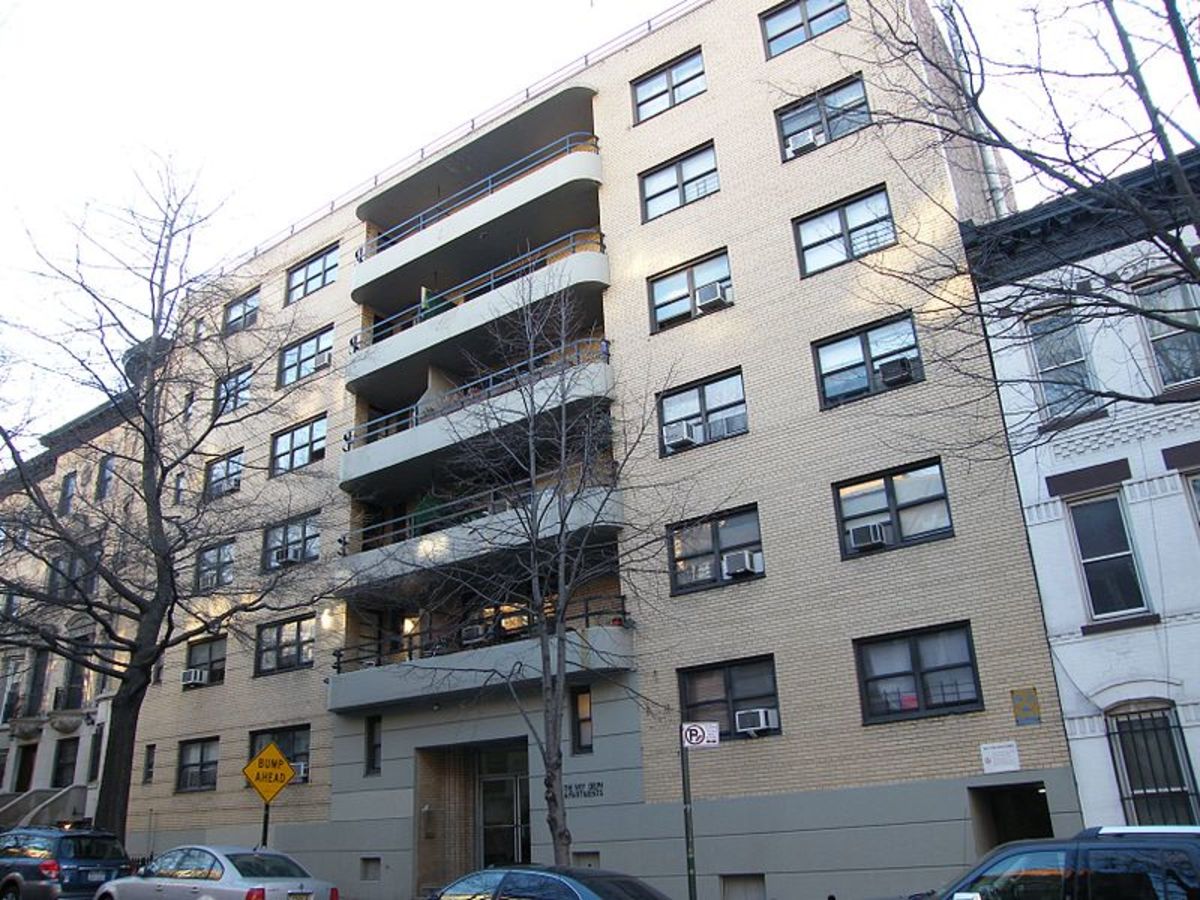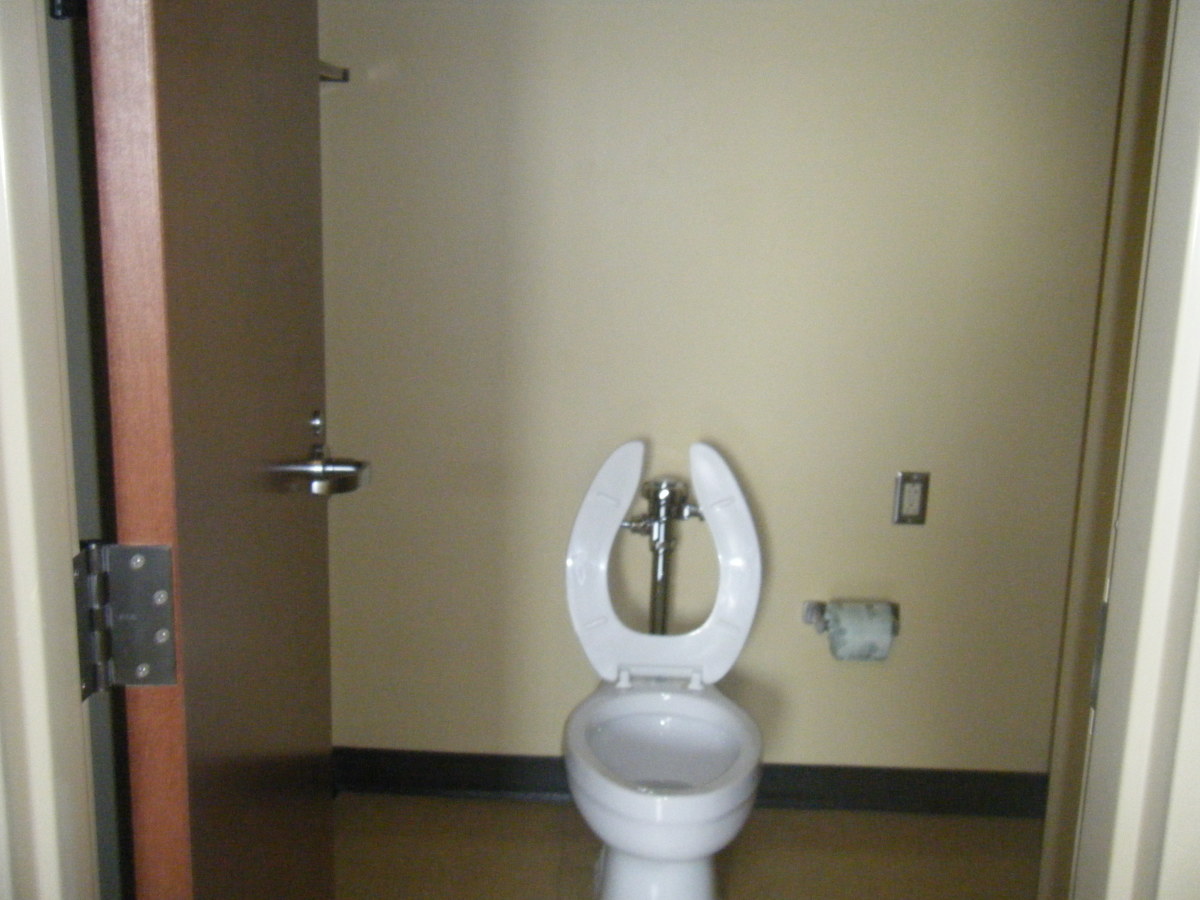The Truth About Security Deposits - Apartment Association Resource Explains
What Is An Apartment Security Deposit For?
An apartment security deposit is designed to protect the landlord for damages, non-payment of rent, and other similar issues. The security deposit is often the amount of one months rent, but actually varies widely depending on the market and state laws. Often, the security deposit must be returned to the renter within 30 days after move-out, assuming the renter qualifies for the return of some or all of the security deposit.

What Is The Most Common Misconception About Security Deposits?
The problem with security deposits is that people often misunderstand their role, and what they cover. Many people mistakenly feel that security deposits are designed to cap the amount of damages they have to pay. For example, one might say, "Don't worry about the stain, I've lost my security deposit anyway." This thought process is incorrect, however, as in most cases the security deposit is not a cap, but rather some sort of assurance that the landlord will get some of his/her money back. In other words, the renter is still liable if the damages or unpaid rent exceeds the security deposit amount.
What Can I Do To Maximize My Security Deposit?
First of all, it is important to understand how charges are added up to determine what your liability is. Most times, landlords are restricted in how much they can charge in damages based upon a percentage of the lifespan of the item. For example, if your carpet was 15 years old when you moved out of the apartment, a landlord cannot reasonably charge for replacement of the carpet, as it was well beyond the life expectancy of the carpet. Also, landlords cannot charge for normal wear and tear that is reasonable when living in an apartment, so those costs cannot result in a reduction of your security deposit.
On the flip side, trash and cleanliness can affect your security deposit. This applies to furniture left in the apartment or an overly dirty apartment. Hauling charges can be applied in those cases.
In general, the apartment is expected to be cleaned of all items and reasonably clean from a filth point of view. It is often assumed a landlord will need to clean the unit afterwards.
How Can I Dispute Security Deposit Charges?
First of all, in order to dispute charges, it is important to have evidence. Generally, a landlord will will require a renter to fill out a condition form upon move in - make sure to fill this out for any issues. When you move out, if you did not note an issue on the condition form, you may be liable for charges relating to it. Also, pictures can protect you, both at move in and move out, so take a moment to take pictures that show the cleanliness of the apartment.
If, however, you need to dispute charges, and the property management company has not responded favorably, reach out to your local apartment association. Many apartment associations have committees that will mediate disputes.
Is This Official Legal Advice?
No. I am not a lawyer, and none of this information should be taken as legal advice. Laws are often different based upon area, so if you have a question, consult a lawyer or your local apartment association.








